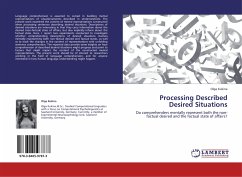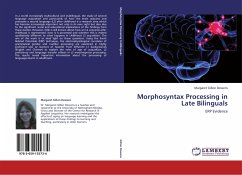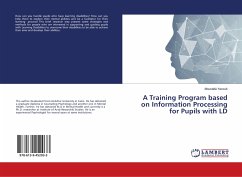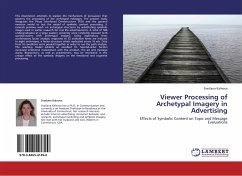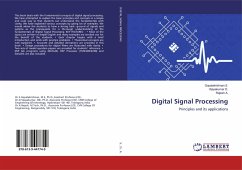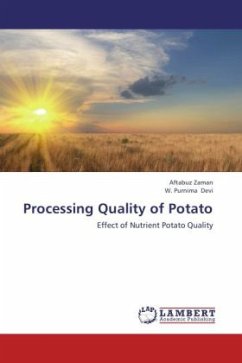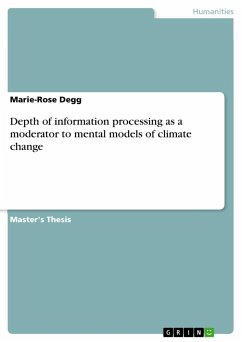Language comprehension is assumed to consist in building mental representations of situations/events described in sentences/texts. The present work examined the content of mental representations constructed when processing sentences describing desired situations. Descriptions of desired situations are interesting in that they carry information about the desired (non-factual) state of affairs, but also implicitly inform about the factual state. Here, I report two experiments conducted to investigate whether comprehending descriptions of desired situations involves mentally representing both non-factual desired and factual states, as well as to track the changes in the content of representations with unfolding sentence comprehension. The reported data provide some insights on how comprehension of described desired situations might progress and point to factors that might impact the content of the constructed mental representations. The present work should be of interest to researchers working in the field of language comprehension, and for anyone interested in how human language understanding might happen.
Bitte wählen Sie Ihr Anliegen aus.
Rechnungen
Retourenschein anfordern
Bestellstatus
Storno

